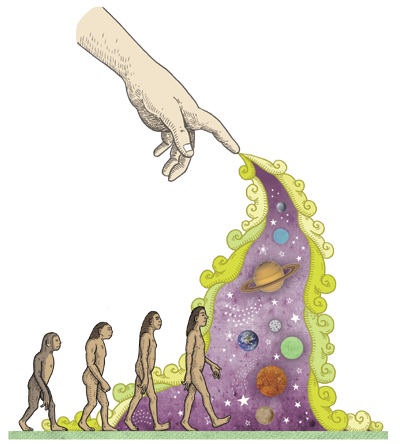John’s view is also Wayne Grudem’s view, and represents a radical departure from the historic position of the Christian church. More to the point, it is a direct contradiction of 2 Peter 1:21: “No prophecy was ever made by an act of human will, but men moved by the Holy Spirit spoke from God.” What God gave to His prophets was not diminished one iota by human fallibility. The Holy Spirit so superintended the speaking (and writing) of every single word such that what God wanted to say was spoken, and it was spoken unequivocally. Piper’s and Grudem’s novel view departs from the biblical, historic view of the gift of prophecy and dangerously tampers with divine integrity and authority.
From Genesis to Revelation, the Bible demonstrates four foundational characteristics of true prophecy. First, true prophecy is always verbal, the very words of God. It’s never an impulse or an impression; it’s never a feeling that needs interpretation. Rather, true prophecy is a precise message. Continue at John MacArthur






